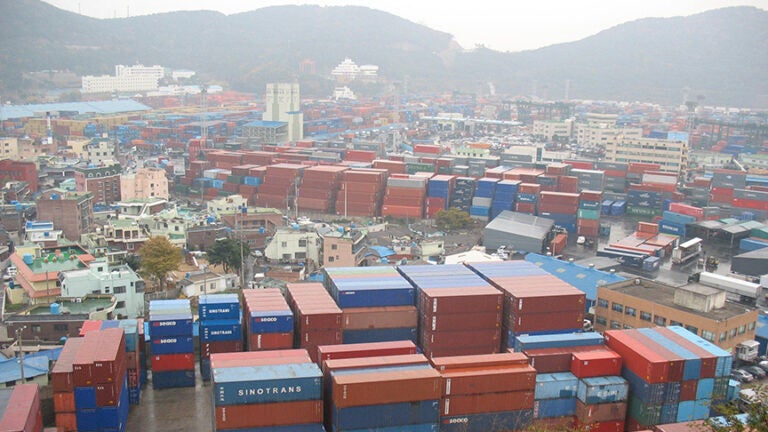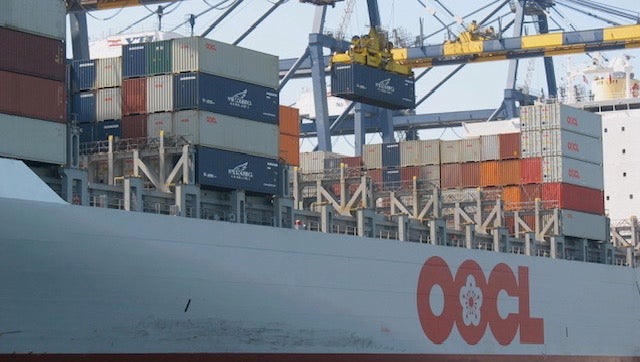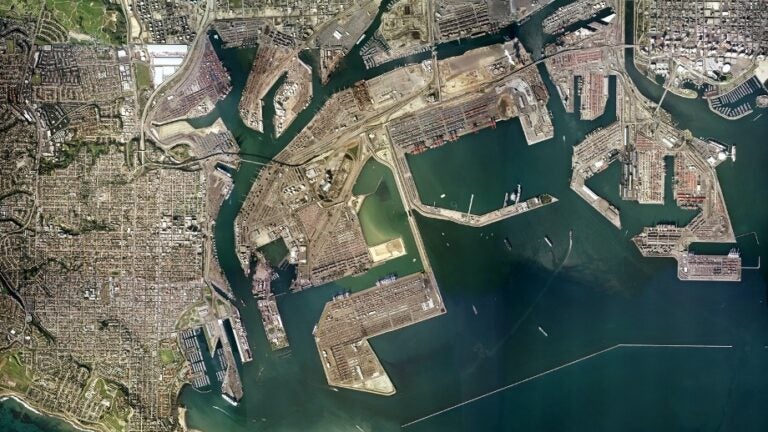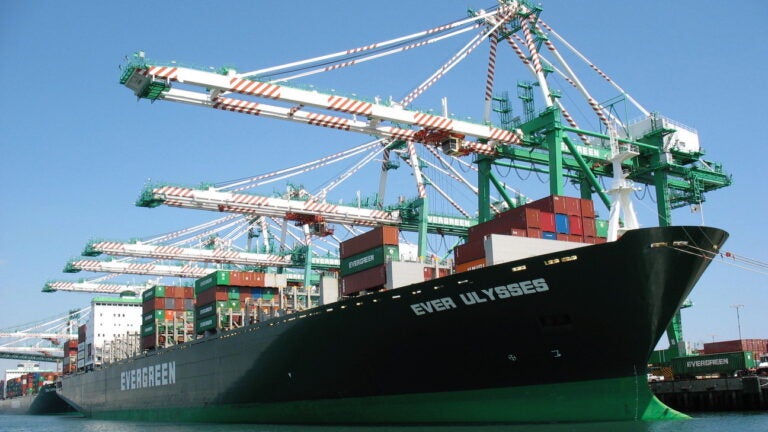Los Angeles County is home to the ports of Los Angeles and Long Beach, constituting the busiest seaport complex in the nation. Close to 45% of all marine freight entering the U.S. comes through these ports, and international trade brings considerable economic benefits to the region as well as the nation. However, there are notable environmental impacts on the coast and residents in the region, such as poor air quality, diminished water quality, the introduction of aquatic invasive species, and significant transportation congestion. USC Sea Grant promotes science and policy research addressing these challenges and assists the public and its policymakers in finding an optimal balance between economic development and environmental protection. Moreover, Sea Grant outreach provides advice, analysis, and science to the ports as they move forward with sustainable coastal development policies.
Maritime Affairs
Contact Us
USC Sea Grant
3454 Trousdale Pkwy, CAS 200
Los Angeles, CA 90089-0373
(213) 740-1961
seagrant@usc.edu
For More Information
If you’re looking for something and can’t find it, please don’t hesitate to contact us!





